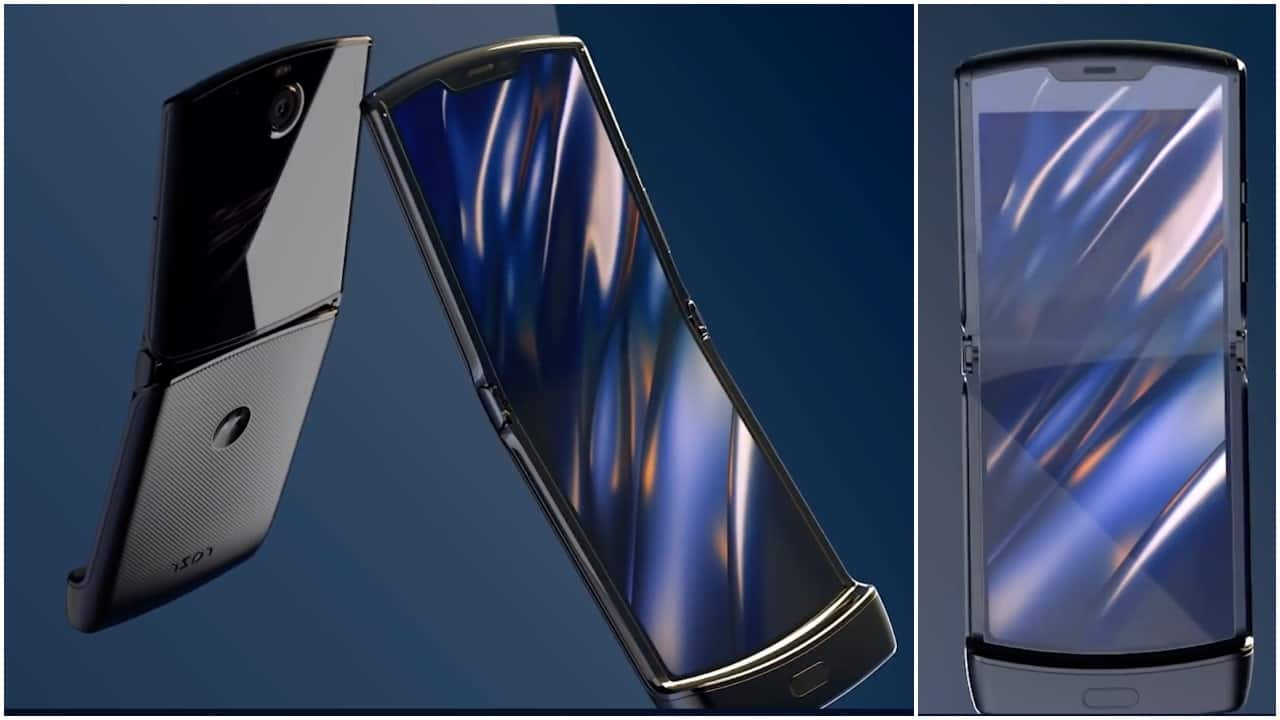
Motorola officially confirmed that it is bringing the iconic Razr to India. Motorola’s foldable smartphone reimagines the Motor Razr of the past. The latest Motorola smartphone has a clamshell vertical folding mechanism unlike the Galaxy Fold and Huawei Mate X. The Moto Razr is currently priced at USD 1,499 (Approx. Rs 1,06,692) and packs mid-range specifications with an outdated Snapdragon 710 SoC, only a single rear camera, and a reasonably small 2510 mAh battery. But the Razr was never meant to be a flagship folding phone like the Mate X and Galaxy Fold; it was only meant to pay homage to what was arguably one of the Motorola’s finest achievements in mobile history.
Earlier this year, Instagram unveiled a new feature that flags potentially offensive comments before they are posted. This week, the social media platform expanded the preemptive flagging function to captions as well. The new feature will notify users after a caption has been written for a feed post. The AI will only warn users if the caption for a feed post has content similar to ones that have already been reported for bullying. However, the system will not prevent a user from publishing hateful remarks. Instagram claims that the feature is only meant to nudge a user to reconsider his/her actions. The company also hopes that this will help educate users about content that isn’t allowed on the platform and when an account may be at risk of getting disabled. The feature is slowing rolling out to selected markets and will be available globally sometime in early 2020.
Vivo joined the likes of Huawei, Xiaomi and Honor in unveiling a mid-range 5G smartphone. The Vivo X30 5G also debuted as the world’s first smartphone to run on a 5G-enabled chip by Samsung. The Exynos 980 chipset on the Vivo X30 5G and X30 5G Pro features an integrated 5G modem that can deliver speeds up to 3.55Gbps (combining 4G and 5G). Moreover, the X30 series is designed for photography with an impressive rear camera setup that includes a 64-megapixel primary sensor, a 32-megapixel 50-mm portrait camera, and an 8-megapixel ultrawide lens, while the Pro version adds a fourth 5x periscopic camera and offers up to 60x magnification. The Vivo X30 5G and X30 Pro 5G are priced starting at CNY 3,300 (Approx. Rs 33,500 and CNY 4,000 (Approx. Rs 40,600).
In perhaps what was one of the most significant developments this week, Facebook is reportedly working on its own operating system. The project is currently led by Mark Lucovsky, a Microsoft veteran and co-author of the Windows NT operating system. Facebook’s head of hardware, Andrew Bosworth, told The Information, “We really want to make sure the next generation has space for us. We don’t think we can trust the marketplace or competitors to ensure that’s the case. And so, we’re going to do it ourselves.” The reason behind this development is to reduce Facebook’s reliance on Google Android’s OS for its hardware like the Oculus or upcoming augmented reality glasses. However, Facebook’s smartphone apps will remain available on Android.
OnePlus confirmed that it would be launching something new at CES 2020, which commences on January 7. According to the smartphone maker, the new device will be the company’s first concept phone. OnePlus said in an email statement, “The OnePlus Concept One, demonstrates a vision of both new technology and alternate design approach for the future of smartphones.” While there are no details about the OnePlus Concept One phone, the company claims it will be an entirely new concept, possibly ruling out a button-less or foldable phone.
Realme’s premium mid-range smartphone X2 went on sale in India for the first time this week. The Realme X2 is arguably one of the best smartphones under 20000 rupees in India. It delivers one of the best mid-range chipsets, a capable quad-camera performance, a lasting battery with super-fast charging and a vibrant display. The Realme X2 starts at Rs 16,999 in India, which is an incredible price for a device with a Snapdragon 730G chipset, a 64-megapixel quad-camera setup, and 30W fast-charging support.
The LG G8X ThinQ arrived as the first flagship smartphone to arrive in India in December. The device is more or less the same as the LG G8s ThinQ without the telephoto camera sensor. It packs the Snapdragon 855 SoC, an OLED display, excellent audio quality and everything else you’d expect from flagship handset. However, the G8X ThinQ is priced at Rs 49,999, around Rs 15K more than the G8s ThinQ, but that is primarily down to the DualScreen accessory that comes bundled with the phone. The 6.4-inch OLED screen is similar to the one that arrived on the V50 ThinQ with a few improvements. While the G8s ThinQ may be on the expensive side, it is a rather affordable alternative to a foldable smartphone like the Galaxy Fold (Rs 1,64,900).
Discover the latest Business News, Sensex, and Nifty updates. Obtain Personal Finance insights, tax queries, and expert opinions on Moneycontrol or download the Moneycontrol App to stay updated!









